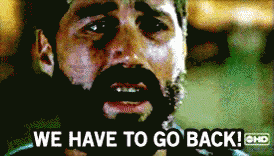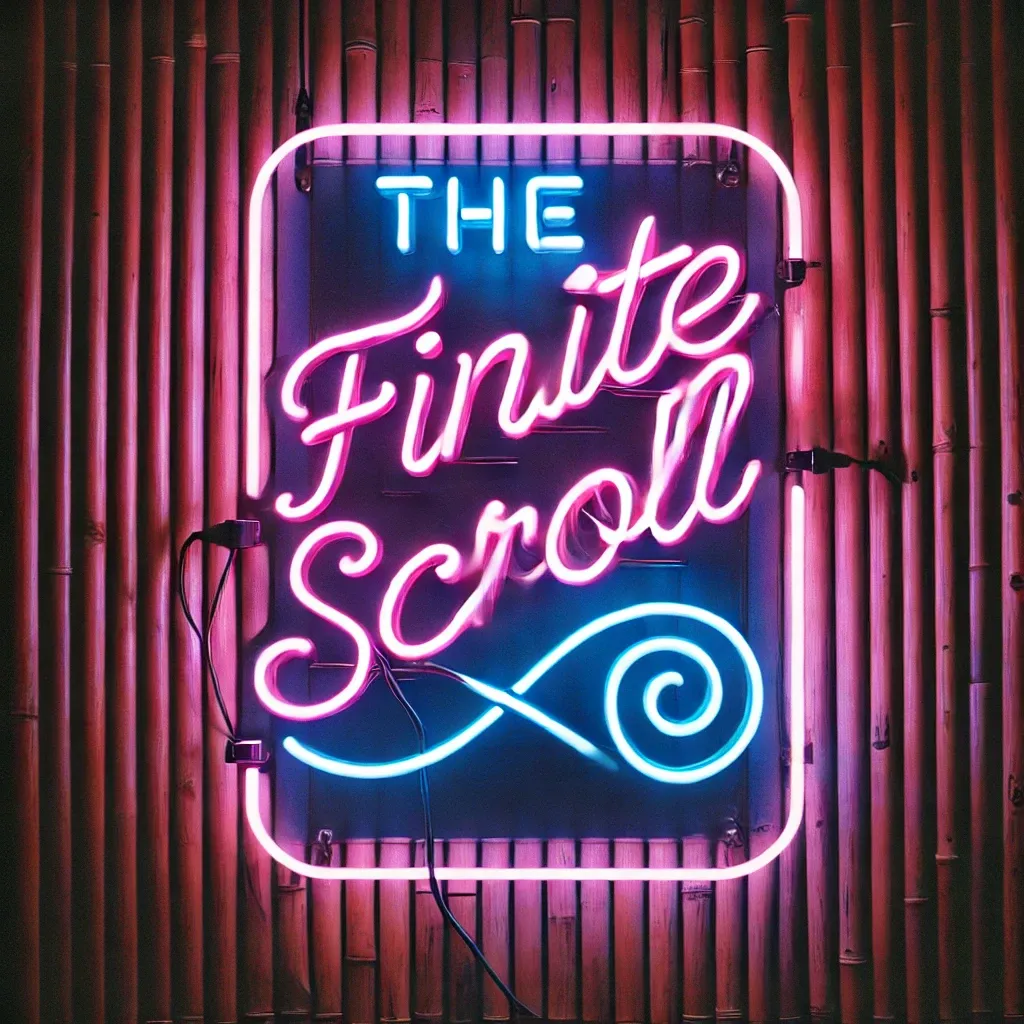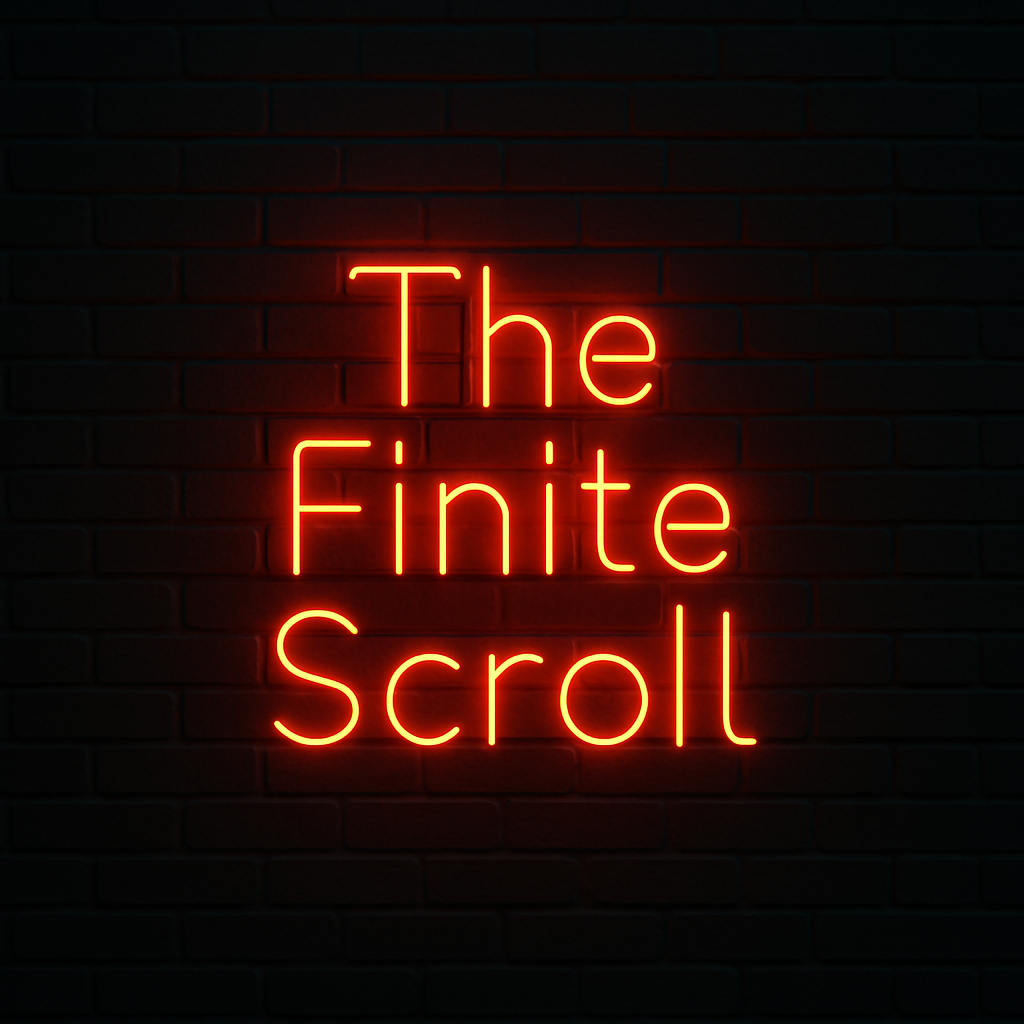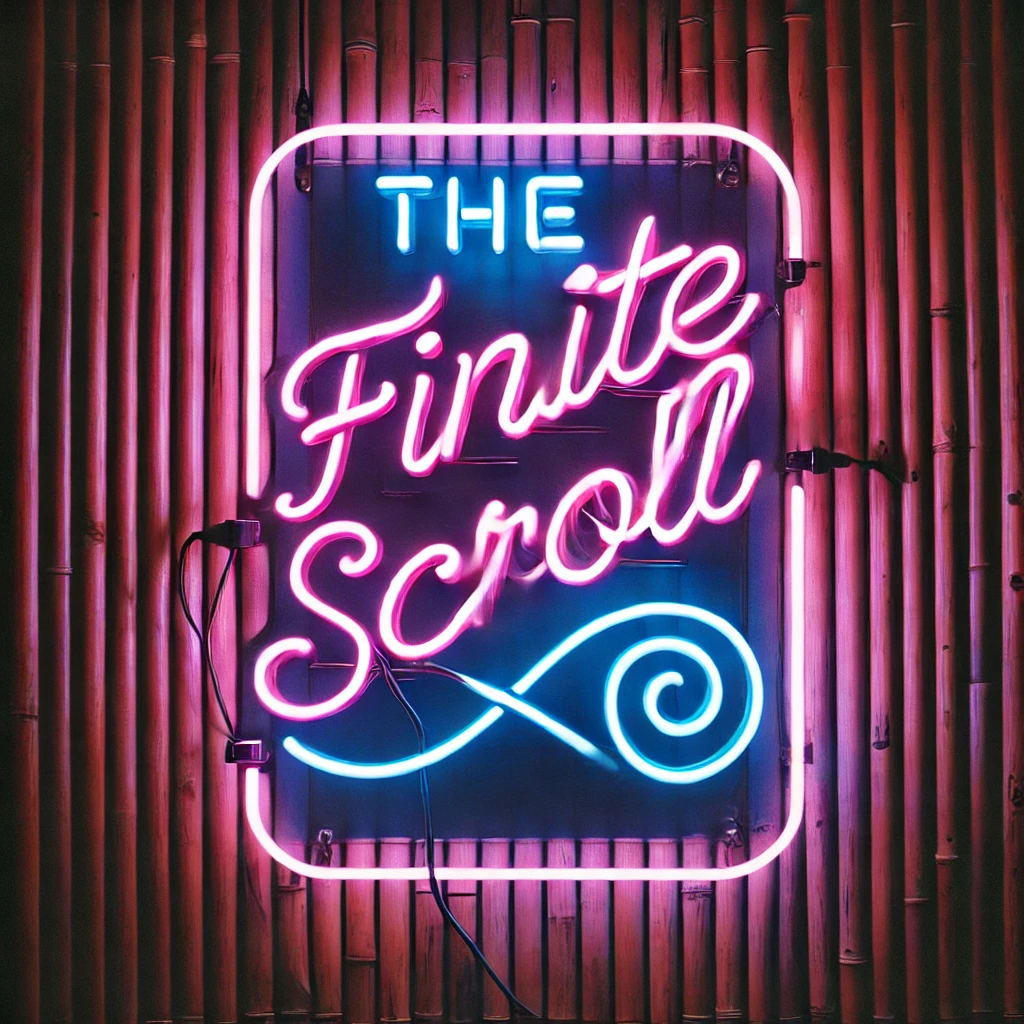The Finite Scroll 004: My first product job, a new Aura frame, what comes after the cellphone and a Mike White nightcap.

Welcome to The Finite Scroll - a weekly-ish newsletter for curious people. It should take less than 5 minutes to read and give you something that piques your curiosity.
I ended up missing a week on the ol' newsletter as we were away in Curaçao with the kids for Spring Break and I was very excited to turn off my devices and relllllaaaax. Back at it now with a short look back at my first real "Product" job.

"Like Friendster for your cellphone" - Last week my friend and former co-founder Dennis Crowley shared this article with me from April 7, 2004 (21 years ago!!!) covering when he and I officially launched dodgeball.com - a text-messaging-based social network to help people keep up and meet up with their friends that started as our graduate school thesis project. The article was pretty short lol so I'll just paste it all here:
It's like Friendster all over again: we're being barraged by requests to add people to our Dodgeball friends list. Anyway, Dodgeball is a new service which can tell you which of your friends are within a ten block radius of where you are. Once you've signed up and registered your cellphone number with them, you can "check-in" by sending a text message to Dodgeball with your location (it only works in NYC, Boston, LA, Philadelphia, and San Francisco right now, which is already two more cities than we're likely to be in anytime soon), and then if anyone on your friends list (starting to sound familiar?) has also checked-in and is within range, you both get a text message.
For those unfamiliar, Friendster was the first social network that kinda looked like the ones we know and love/hate today (you can read more here if you're curious). We built dodgeball at a time before iPhones, when phones had only recently begun to be able to take and send photos, and not that far removed from a time when you couldn't even send a text message to someone on a different network (🤯 right?). All to say, simpler times back then.

Prior to dodgeball, I'd worked as a front-end developer and interaction designer, always focused on a very specific slice of a digital experience. dodgeball was my first real experience as a "product person" - where Dennis and I had to think of the whole experience our users were having while also figuring out whether we were able to turn it into an viable business (while also both designing and coding day to day). The dodgeball story ended with us getting acquired by Google and going to work on it for a few years over there. It's funny to dig up what our close advisor, patron saint of Social Media, Clay Shirky ❤️ said at the time about the acquisition:

Building something that at the time tens of thousands of people used and loved was an incredible, intoxicating, experience that introduced me to Product work broadly and ended up being the first stitch in a thread that has run through my career as a product builder - building software to help people get more out of their experiences in the real world vs driving engagement for engagement sake by keeping people buried in their phones.
It started in my 20s with dodgeball helping people meet up with their friends when they were out drinking, then in my 30s with foursquare (a spiritual successor to dodgeball in a post iPhone world) where we built the best personalized local discovery experience to help people discover new bars, restaurants and places to go no matter where they were and as of October in my 40s at Tripadvisor where we're building tools to help people confidently plan great travel experiences built on a foundation of rich guidance from real travelers.

Things I'm into this week
If you stopped evolving—if you clung to the job you had in 2004 like it was your birthright, if you refused to stretch your skill set or rewire your perspective—then yeah, you're not relevant anymore. But that’s not injustice. That’s inertia.
You mistook consistency for growth. You confused repetition with mastery. You were offered a hundred chances to adapt, and you said no—over and over again—because, what, you stopped being counterculture and bought into the myth of the American Dream? So now you're mad at the system for not wanting what you refused to update?
That’s not Gen X. That’s just fucking stupid.
The generation I remember—and still feel damn lucky to be part of—was built on flux. We watched analog die in real time. We moved from cassette to CD to Napster in under five years. We had one foot in zines and one in HTML. We came up in online chat rooms and dot-com implosions. We are the generation born in the epicenter of constant and radical change.
This sentiment from Brilliant Crank in response to that NYTimes piece that made the rounds a few weeks ago about the impact of AI on the creative class (The Gen X Career Meltdown) really resonated with me. I feel so grateful to have gotten to be part of the generation to truly know all sides of the the tech evolution we’ve seen over the past 30 years. It certainly hasn’t been a steady ride but for those who are always curious and eager to learn and evolve as they go, it’s been incredibly satisfying.
🪷 If you enjoyed Season 3 of White Lotus and are sad that it’s over, I recommend you give this 30 minute podcast reflecting on the season with creator Mike White a listen. He’s always a good, funny and honest interview and he shares some thoughts about Season 4.
Marathon was my introduction to LAN gaming back in college (some backstory on the game back then). We were obsessed with it and it earned a place in my own Gaming Hall of Fame (we all have one right?). Well, I just came across this trailer for a new Marathon from the folks at Bungie and I. Am. HYPED. You can read more about it here and we’ll all be able to play it this September.

It’s certainly refreshing to have a simple, private way to share photos with family, other than emailing them or posting them on social media (something my teenage kids refuse to let me do). I gave my mom an Aura frame to test the sharing feature, and while I knew she would love seeing new pictures of the family, I was surprised at how she reacted. Rather than just commenting on a social media post or replying to an email, she called to talk about the photos I’d shared to her frame. That felt a lot more social.
I love our Aura digital picture frames and can't recommend them enough. They just launched a new one called the Aspen and it looks great (here's a review). They're such a simple way to enjoy all the photos you take, are easy to set up with automations like "grab any photo I mark as a favorite and add it to the frame", make fantastic gifts for family members who live elsewhere, are incredible well designed (both hardware and software) and most of all - the regularly rotating photos make for great, unexpected moments of reflection and conversation.
Also, in a world where companies are trying to get you to subscribe to everything, I appreciate Aura taking a different approach:
Unlike some competitors, Aura doesn’t charge a subscription fee for its cloud-based photo storage. Its business model is based on people buying one frame, and then inevitably buying more. “Today, we know when we sell a frame to you that you buy for your mom, that you are going to buy a certain number of frames in the future. That accounts for more than half our sales,” Jensen says. “That network growth is what drives the business.”
While it is still incredibly early to say for sure what the device ultimately will be, I imagine a new generation of smartphone, for lack of a better word, that eschews apps for connectors. A device that starts with a text box and an always-listening voice mode that uses your apps and services for you, that does not take you out of context or distract you periodically through the day. The OpenAI device could actually be the antidote to much of the societal damage the current generation of smartphones has done.
I'm still thinking about this piece from Parker Ortolani speculating on what the device that OpenAI, Jony Ive and Laurene Powell Jobs are connected to could be. It does feel like we've hit a ceiling on what a "cellphone" is so I'm very interested to see what an ambitious take on a totally new interaction model could be.
🧟 And finally, how great does 28 Years Later look?
That's all for this week. Thanks for reading. If you want each new edition in your inbox, you can subscribe below or follow right from your favorite RSS reader.





Discussion